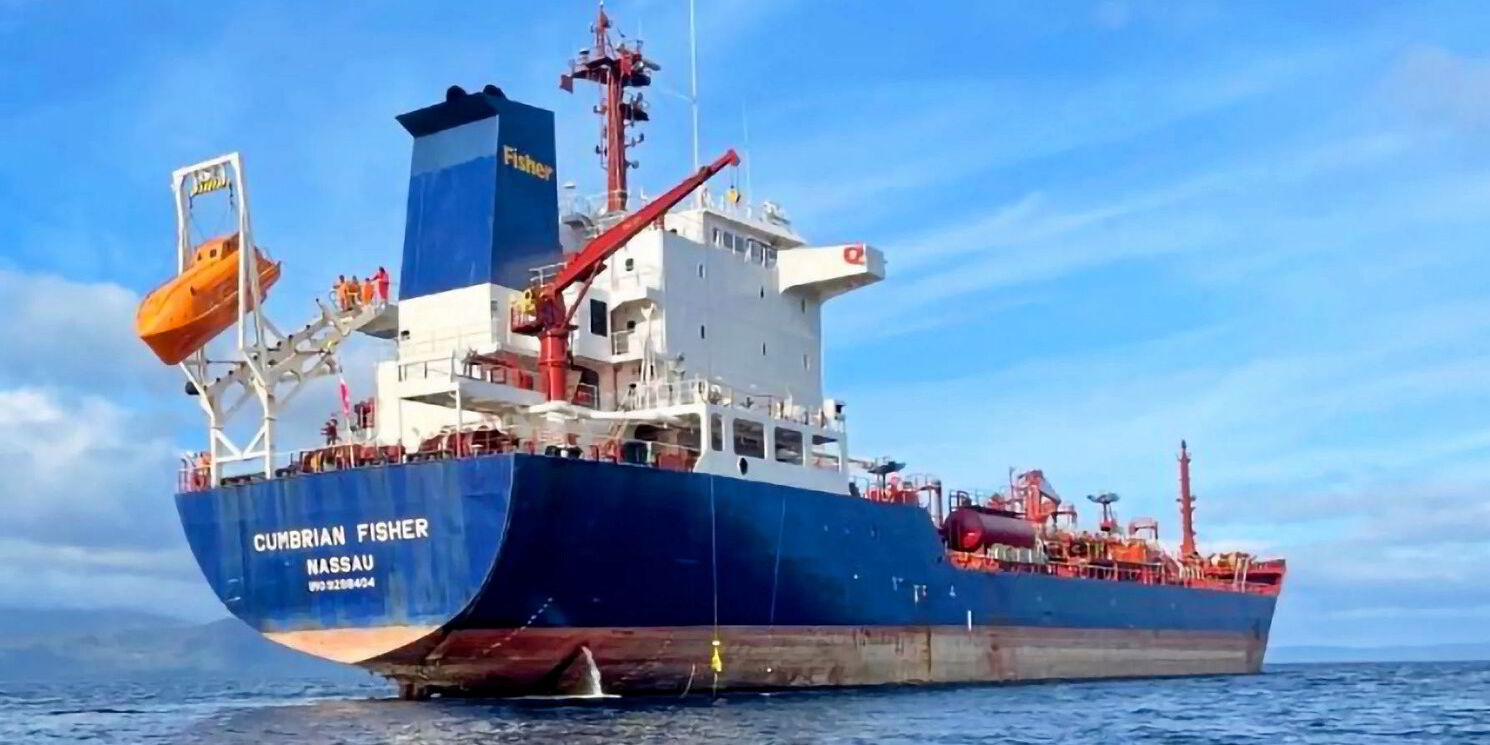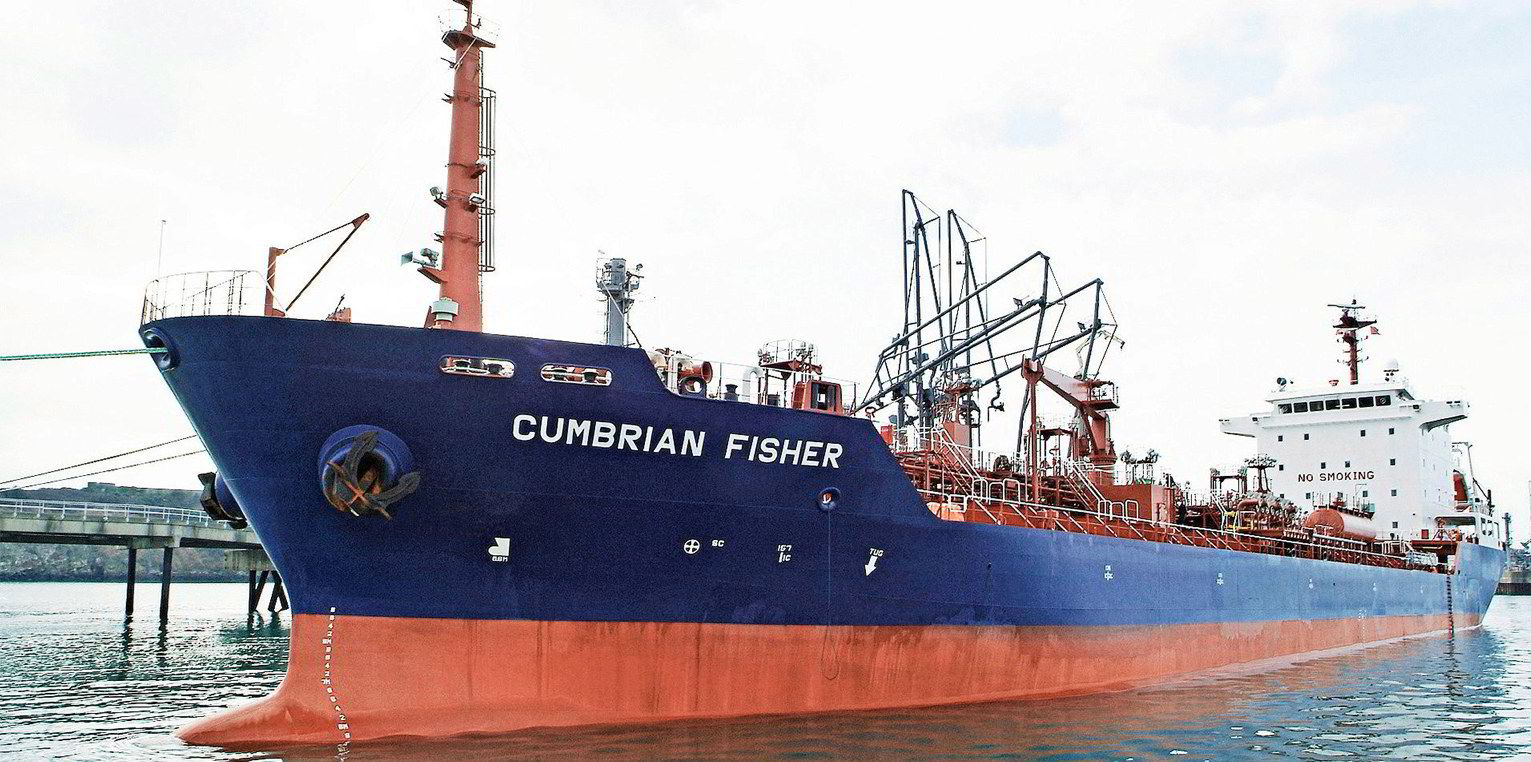Singapore’s First Ship Lease Trust (FSL Trust) has posted a first-half profit of just $1.37m.
This was $444,000 down on a year ago, when it was boosted by vessel disposals.
The company’s product tanker fleet comprises the 12,921-dwt Cumbrian Fisher (built 2004), 12,984-dwt Clyde Fisher (built 2005), 4,426-dwt Speciality and Seniority (both built 2006) and Superiority (built 2007), 5,421-dwt Shannon Fisher and Solway Fisher (both built 2006) and 9,596-dwt Pelican Fisher (built 2008).
The fleet, which has an average age of 18 years, is employed on fixed-rate period charters with UK-listed shipowner James Fisher.
The company has contracted future revenue of up to $20.5m, consisting of $14.7m of firm contracted revenue and $5.8m of optional contracted revenue.
FSL Trust said the geopolitical events that have affected the shipping markets are expected to continue for the rest of the year.
“The supply and demand fundamentals for the tanker market are still positive in the next year, although significant new building orders have been placed for later delivery,” it said.
“Newbuilding markets have been active in the last six months for product tankers, with the orderbook reaching 15.7% of the current fleet.
“This is not positive in the medium term as new vessels are delivered from mid-2025 onwards. The next 18 months will remain supported by low fleet growth prior to the recent orders reaching the market.”
Chief executive Roger Woods said: “We started the year with all our vessels on long-term bareboat charters.
“As we move forward into the second half of the year, the vessels will continue with secure fixed rate employment, being insulated from the market.”
Chairman Stathis Topouzoglou said the trust will continue its strategy of disposing of its older vessels once their employment ends and is now focused on assessing new project opportunities.
“As we have highlighted in the past, we will only focus on accretive investments and not expose the Trust to high-value purchases without secure employment to reduce long-term residual risks.”





